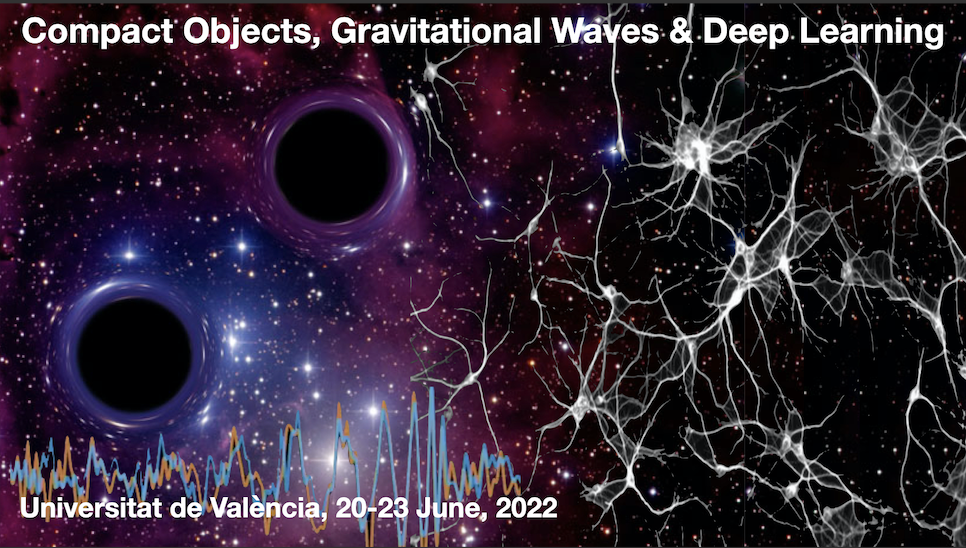Speaker
Description
The study of some astrophysical scenarios such as binary neutron star mergers or supernovae can only be fully understood with the aid of numerical-relativity simulations. Insufficient numerical resolution of current grid-based simulations prevents the correct description of the development of turbulence at small scales, which is a key mechanism in instabilities like the magnetorotational instability (MRI) or the Kelvin-Helmholtz instability (KHI), responsible, for example, for the amplification of weak magnetic fields in hypermassive neutron stars, the transient compact objects that are produced after the collision of two neutron stars in compact binaries. A possible remedy is to use subgrid models to reproduce the effects of the turbulence at small scales in terms of the resolved scales, in order to capture the physics of the problem with affordable computational resources. Here we discuss the performance of a new subgrid models using box simulations of the MRI.
